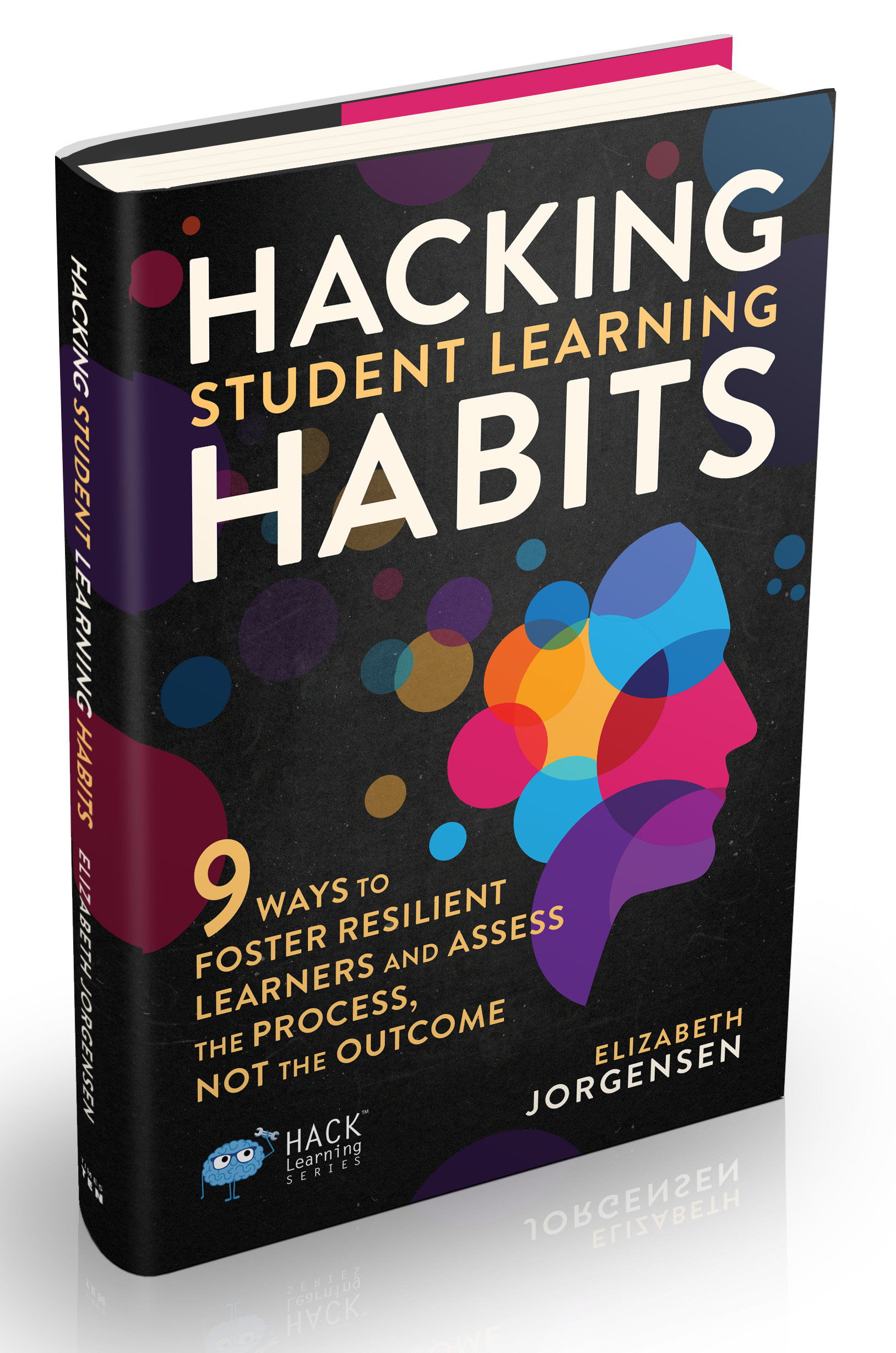Foster Resilient Learners and Assess the Process, Not the Outcome
Oct 24, 2022
By Elizabeth Jorgensen
Do you remember your GPA? Or a specific score you received in elementary, middle, high school, or college?
Are you recalling that time you failed a chemistry test? Or when you cheated your way to a better score?
Or maybe that time you were benched from the basketball team because you had too many Ds? Or maybe the teacher who just wouldn’t round up from a 89.9 to a 90? Or desperately doing extra credit …
I bet when you think of grades, you are not conjuring up fuzzy and warm emotions.
I teach English—six sections of writing to high school juniors and seniors—and the worst part of my job is grading. As a student, I bet one of your least favorite parts of school was also grades and being judged, ranked, and scored.
I’ve been a teacher for 18 years, and I’ve never witnessed a grade help a student learn. Most often, I’ve witnessed the opposite, as grades produce stress, anxiety, shame—and even fear.
But let’s flip this around. What was the best part of school?
The relationships you formed? The projects you worked on? How about all the new things you got to try? The rocket you launched, the mural you painted, or the publication you put together? Or the guest speakers? Or maybe the field trips?
I became a teacher for those experiences—and also, to help students. To get them to progress. To foster an enjoyment of learning and growing.
But I’m bound to a system that requires me to give grades. So, how do I resolve this conflict?
I assess the process, not the outcome.
This:
- encourages students to set and embrace goals they’ve set for themselves; and
- to try, to fail, and to try again (doing more of what works and less of what doesn’t)
I call this method process-based assessment, and it allows for fun in learning and inspires students to develop habits they can use throughout their lives.
Process-based assessment de-emphasizes grades and places focus on what school should be about: learning and growing.
I published articles about what I was doing in magazines and journals and then, via Facebook—as all good connections start—Mark Barnes at Times 10 Publications contacted me. Mark is a champion of the gradeless movements. He knows traditional outcome-based grades make school a place of right or wrong answers, and this produces a rigid system that stalls enjoyment and learning.
Mark saw that by focusing my classroom on the process, I was able to build positive classroom cultures and foster resilient learners who focus on the learning, not the grades.
Mark and his team at Times 10 Publications worked with me to continue to flesh out and develop process-based assessments.
What we found is that process-based assessments work for every teacher of every grade and every subject. We found examples in elementary schools, choir classrooms, welding classes, math classes, and English classes (among others).
In my practice, I’ve explored nine specific ways teachers can foster resilient learners and assess the process, not the outcome. These ways include the following:
- Creating process-based learning habits (to support skill building)
- Encouraging practice, not perfection (to spur performance with daily habits),
- Relinquishing control (to focus on the how),
- Producing positive competition (to reframe comparison),
- Developing the inner voice (through mantras and self-talk),
- Generating feedback loops (to analyze, revise, and improve),
- Re-evaluating and moving forward (to build resilience),
- Finding a purpose (to create authentic learning opportunities), and
- Listening and being kind (to find a love of learning).
If you know a teacher who wants to help students to focus on the learning and not the grades, please pass along this process-based assessment method. Urge them to research it and join like-minded social media contacts. To talk with administration, school boards, and department members. Together, we can change how students are assessed and feel about themselves and the grades they receive.






